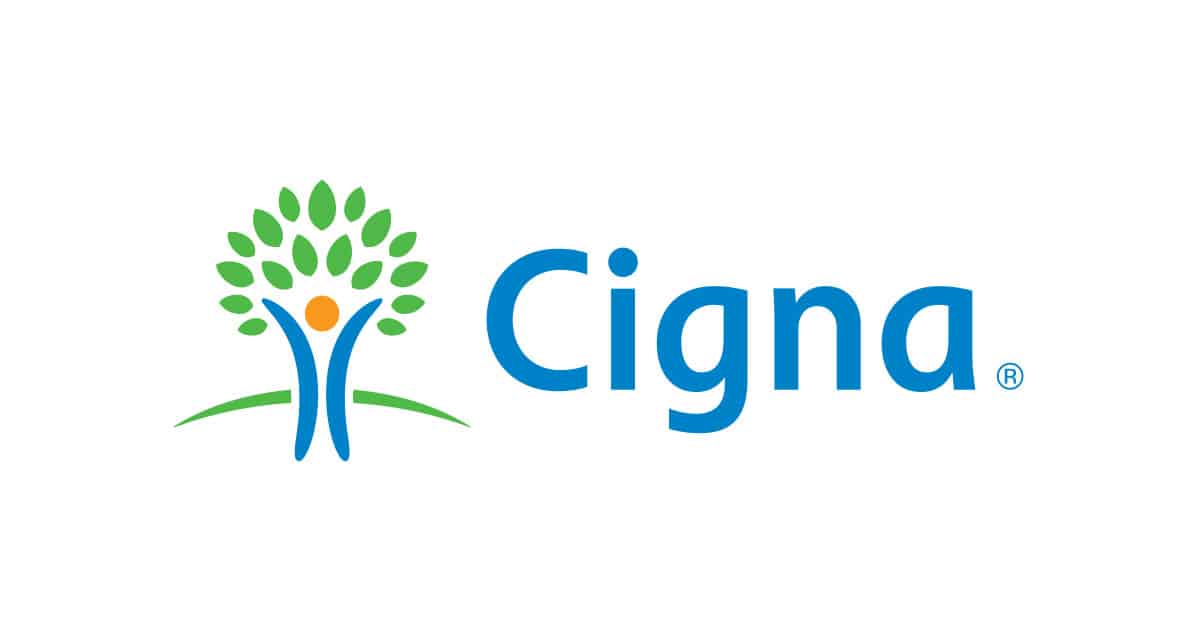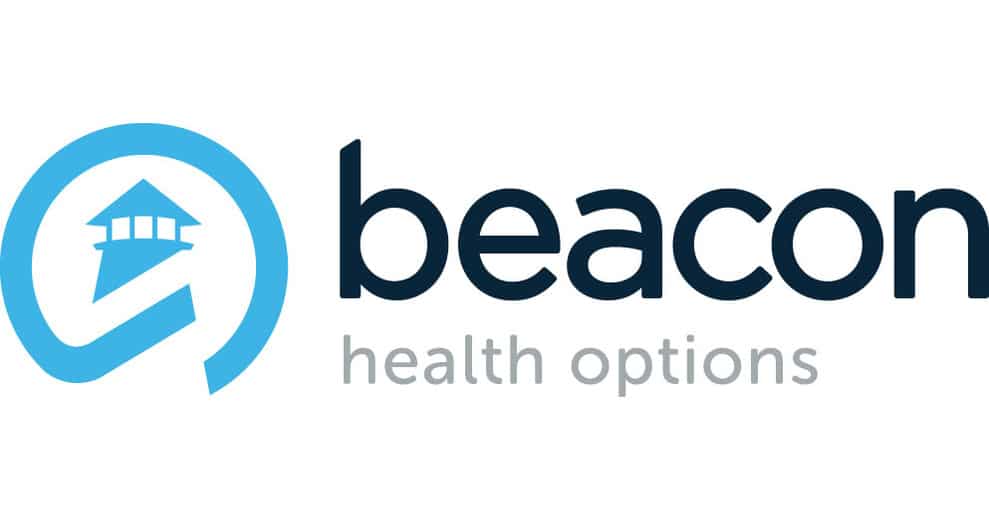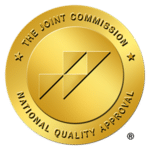Table of Contents
What is Internal Family Systems Therapy?
Internal Family Systems (IFS) therapy is a transformative and empathetic approach to mental health, viewing the mind as a complex system of interconnected parts. It posits that each part of our inner self serves a unique role, and that distress arises when these parts are forced into extreme positions. IFS therapy aims to facilitate a healing dialogue within, by guiding individuals to connect with their core Self—a presence characterized by wisdom, peace, and compassion. This connection empowers individuals to understand and harmonize their inner parts, leading to personal growth and the resolution of psychological conflicts.
At the heart of IFS therapy is the concept of engaging with different internal entities, often seen as “sub-personalities” or internal “families.” This includes parts that bear emotional wounds and parts that strive to protect us from such pain, sometimes creating internal conflict and distancing us from our true essence. IFS therapy seeks to heal these inner parts, promoting a sense of balance and wholeness by redefining how these parts interact with one another.
Developed by psychologist Richard Schwartz, the IFS model emerged from his observations in family therapy, where he noted individuals frequently spoke of their internal struggles as conflicts among various parts of themselves. Schwartz’s innovative approach to understanding the mind’s internal dialogue revolutionized therapy, offering a framework where the mind’s disparate elements are seen as a family needing harmony and understanding. This approach not only aids in alleviating psychological distress but also champions the core Self’s vital role in achieving mental wellness.
IFS Therapy Treatment Model
Internal Family Systems Therapy is a unique, compassionate form of psychotherapy that explores the complexity of the human psyche, emphasizing that all parts of our inner selves have a purpose. It’s based on the understanding that every individual possesses a core Self, characterized by inherent qualities of compassion, curiosity, and calmness. This therapy helps individuals access their Self to heal and reconcile internal conflicts among their “sub-personalities” or “parts,” which include emotional burdens, protectors, and managers.
The innovative IFS model combines elements from various psychological theories, including the concept of the mind’s multiplicity and systems thinking, to address the intricate interplay of these internal parts. It appreciates each part’s unique contribution to an individual’s personality and overall mental health, recognizing that even those parts playing “extreme” roles are doing so in an attempt to protect the individual. By fostering an understanding and harmonious relationship between the core Self and these parts, IFS Therapy encourages internal balance and psychological healing.
Key concepts of the IFS model include:
- The mind consists of numerous distinct, valuable parts.
- Each person has a core Self that ideally leads this internal system.
- All parts are positive in intent; no part is deemed negative.
- Internal family dynamics evolve over time, requiring a systemic approach to healing.
The IFS framework categorizes internal parts into three main roles:
- Managers: These parts handle day-to-day operations, protecting the individual from negative emotions or experiences.
- Exiles: These are often the bearers of emotional pain or trauma, kept out of conscious awareness by managers and firefighters to preserve mental equilibrium.
- Firefighters: They intervene to distract or numb the individual when exiles become active, sometimes leading to harmful behaviors or substance abuse as coping mechanisms.
Both managers and firefighters serve as protectors, while exiles carry the vulnerabilities they aim to shield. Understanding and addressing the interactions among these parts can lead to profound changes in both internal states and outward behavior.
If you’re navigating the challenges of substance abuse or mental health issues and are interested in exploring how IFS Therapy can support your journey towards healing and sobriety, we’re here to help. Reach out to us at 470-348-5643 for IFS Therapy in Atlanta, GA, and embark on a transformative path to recovery.
Understanding the Self in IFS Therapy
Central to Internal Family Systems Therapy is the profound recognition of the “Self” as the cornerstone of an individual’s identity. This core Self embodies the essence of who a person is, untainted and resilient amidst life’s challenges. It represents a source of wisdom, compassion, and inner peace that, when leading one’s inner system, fosters harmony and cooperation among all internal parts. Yet, there are times when the clarity of the Self is obscured by its entanglement with other parts of our psyche, leading to confusion and discord within. The first step towards healing in IFS Therapy involves clearly distinguishing the Self from these entangled parts, setting the stage for genuine understanding and integration. This process unlocks the potential for individuals struggling with substance abuse and mental health issues to reconnect with their core Self, facilitating a path toward balanced well-being and recovery.
Characteristics of the Self: The 8 Cs and 5 Ps
Embodying the Self in Internal Family Systems Therapy is marked by the manifestation of the “8 Cs”:
- Curiosity
- Calm
- Clarity
- Connection
- Confidence
- Courage
- Creativity
- Compassion
When an individual accesses their Self, they embody these qualities, fostering a conducive environment for engaging with and understanding their internal parts. This state enables effective communication within oneself, crucial for embarking on the path to healing.
As individuals progress through IFS therapy, they also begin to exhibit the “5 Ps,” which highlight the attributes of a fully healed Self:
- Presence
- Persistence
- Perspective
- Playfulness
- Patience
These five qualities, together with the 8 Cs, paint a holistic picture of the Self’s dynamic and robust nature within the framework of IFS therapy. This comprehensive understanding of the Self’s characteristics is instrumental for individuals dealing with substance abuse and mental health challenges, guiding them towards a harmonious and balanced internal world.
What Does IFS Therapy Treat?
IFS Therapy is a powerful approach in the treatment arsenal against a broad spectrum of mental health conditions and emotional wounds. Its versatility makes it effective in diverse settings, including work with individuals, couples, and families. Recognized by the National Registry for Evidence-based Programs and Practices (NREPP) as of November 2015, IFS stands out for its capacity to enhance mental and emotional well-being. Moreover, it offers significant relief for those grappling with the effects of phobias, panic attacks, generalized anxiety, depression, and even certain physical health conditions.
Common issues that find resolution through IFS therapy encompass:
- Trauma and its deep-seated impacts
- Physical, emotional, and sexual abuse
- Obsessive-compulsive behaviors
- Depression and mood disorders, including bipolar disorder
- Body image concerns
- Anxiety and related disorders
- Specific fears and phobias
- Substance use addiction and challenge
This extensive applicability underscores IFS therapy’s value in nurturing healing and fostering resilience among those struggling with substance abuse and mental health challenges. Reach out to us at 470-348-5643 for Internal Family Systems Therapy in Atlanta, GA, and embark on a transformative path to recovery.

Benefits of Internal Family Systems Therapy
IFS therapy presents a transformative approach to overcoming substance abuse and mental health issues, offering profound benefits that extend beyond traditional therapy methods. Participants in IFS therapy in Atlanta, GA can expect a range of positive outcomes that significantly improve their quality of life and ability to manage emotional and psychological challenges.
Here are the benefits that IFS therapy may bring:
- Reduced levels of anxiety and depression, contributing to a more stable and positive mental state.
- Increased resilience against the stresses and adversities of life, enabling individuals to navigate challenges more effectively.
- Improved and enriched relationships with others, marked by deeper connections and understanding.
- Enhanced problem-solving abilities, allowing for more effective coping strategies in various situations.
- Relief from PTSD symptoms, offering a pathway to healing from past traumas.
- A greater journey of self-discovery and acceptance, leading to a more harmonious internal state.
- Strategies and tools for regulating substance use, aiding in the recovery process and preventing relapse.
- Insightful understanding of one’s own emotions, leading to better emotional regulation and self-care.
- For individuals with rheumatoid arthritis, a significant alleviation of pain and depressive symptoms, improving overall well-being.
Internal Family Systems Therapy in Atlanta, GA, stands as a beacon of hope for those grappling with substance abuse and mental health challenges, guiding them towards a journey of healing and self-discovery. If you or someone you know is struggling, reaching out for IFS therapy could be the first step towards a transformed life.
What Happens in an IFS Therapy Session?
In an IFS therapy session, the experience diverges significantly from traditional therapy approaches, focusing on the exploration of one’s internal world and the various ‘parts’ that constitute their psyche. For instance, consider an individual battling alcohol dependency. The therapist in an IFS session would encourage this person to relax and connect inwardly to identify the part that drives their compulsion to drink. This connection might be experienced as a distinct sensation, an image, or a deep-seated knowing.
Once this internal part is identified, the therapist encourages the individual to express their feelings towards it, which might range from shame and anger to fear. The therapist then seeks to understand the motivations of this part, guiding the individual towards viewing it with more empathy and understanding, thereby facilitating a more open dialogue between them.
It’s often discovered that such parts act from a place of protection or coping, albeit in a way that’s harmful or counterproductive. The therapist might then explore with the individual whether this part would be willing to consider new, healthier coping mechanisms that could serve the individual’s well-being more effectively. Even if there’s initial reluctance, curiosity often leads to openness towards exploring these alternatives.
Through this process, the therapist and individual collaboratively identify and develop new strategies for coping and healing. This method not only addresses the symptoms of the addiction but also works on healing the underlying emotional and psychological wounds, paving the way for lasting recovery and transformation.
Effectiveness of IFS Therapy
Since its inception in the 1980s, Internal Family Systems therapy has gradually made its mark in the field of mental health and substance abuse treatment. However, extensive research into its full effectiveness is still unfolding.
The recognition of IFS therapy’s potential by the Substance Abuse and Mental Health Services Administration in 2015 marked a significant milestone. This inclusion in the National Registry for Evidence-Based Programs and Practices highlighted its efficacy, particularly through a study focused on individuals with rheumatoid arthritis.
Further endorsement comes from the Foundation for Self Leadership, which has classified IFS as an evidence-based practice. Its effectiveness in promoting mental and emotional well-being has earned it an “effective” rating. IFS therapy is also showing promise in various areas, including:
- The alleviation of symptoms associated with phobias, panic attacks, and generalized anxiety disorder.
- The management of physical health issues and mitigation of related symptoms.
- The enhancement of personal resilience and self-esteem.
- The reduction of depressive symptoms and their impact.
These findings suggest that IFS therapy holds substantial promise for individuals grappling with substance abuse issues, mental health challenges, and beyond, offering a holistic approach to healing and recovery.
Are There Any Risks to Internal Family Systems Therapy?
Embarking on the journey of Internal Family Systems therapy can sometimes provoke certain internal parts that have been dormant or suppressed, potentially leading to a transient increase in difficult behaviors or feelings. It’s important for the therapy to move at a pace that feels safe and manageable for all internal parts involved, including those identified as managers and firefighters.
It’s also important to be aware of other possible challenges associated with IFS therapy. Some individuals might encounter intense emotional reactions, a temporary worsening of symptoms during the initial phase of therapy, or a sense of not progressing as expected towards their healing objectives. However, these experiences are not exclusive to IFS therapy and can occur with many forms of therapeutic interventions. Essentially, the challenges associated with IFS are comparable to those encountered in other established psychotherapeutic methods.

Is IFS Therapy Covered by Insurance?
Insurance coverage for mental health services, including Internal Family Systems (IFS) therapy, differs greatly between insurance plans. It’s crucial for individuals considering IFS therapy to check with their insurance provider about the availability of coverage for this specific therapeutic approach.
Before proceeding, you may want to ask your insurance company several key questions to understand your benefits better:
- Is IFS therapy covered under my current insurance plan when conducted by a therapist trained in IFS?
- Are there any mental health diagnoses or conditions that are excluded from coverage or require a different form of therapy under my plan?
- What is the limit on the number of therapy sessions covered by my insurance annually or over the course of the therapy?
Gaining clarity on these points can help you make informed decisions about accessing IFS therapy and managing the costs associated with your mental health care.
IFS Therapy in Atlanta, GA
Unlock the door to self-healing and inner peace with Internal Family Systems therapy in Atlanta, GA at West Georgia Wellness Center. Our experienced therapists utilize the groundbreaking IFS model to guide individuals through the intricacies of their internal landscape, promoting deep self-understanding and enduring recovery. Step into a world of balanced mental health and self-exploration with IFS therapy in Atlanta. Contact West Georgia Wellness Center at 470-348-5643 to start your personalized path to transformation today.














